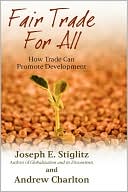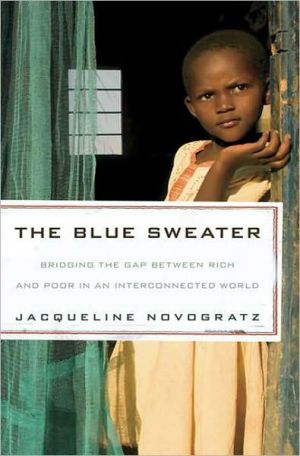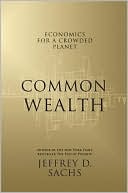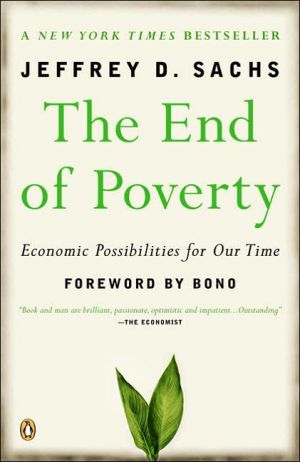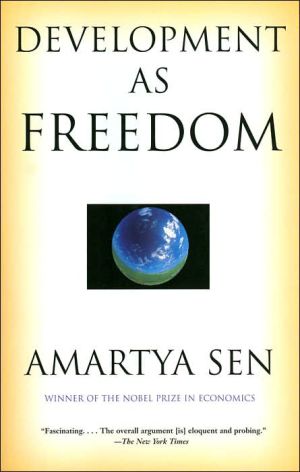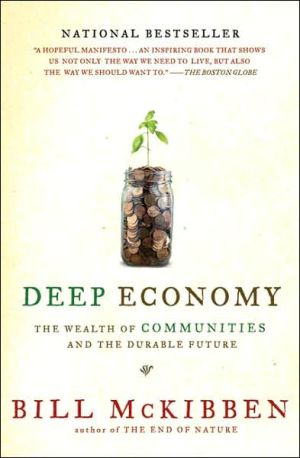Fair Trade for All: How Trade Can Promote Development (Initiative for Policy Dialogue Series)
Search in google:
Winner of the Nobel Prize in Economics and author of the New York Times bestselling book Globalization and Its Discontents, Joseph E. Stiglitz here joins with fellow economist Andrew Charlton to offer a challenging and controversial argument about how globalization can actually help Third World countries to develop and prosper. In Fair Trade For All, Stiglitz and Charlton address one of the key issues facing world leaders today—how can the poorer countries of the world be helped to help themselves through freer, fairer trade? To answer this question, the authors put forward a radical and realistic new model for managing trading relationships between the richest and the poorest countries. Their approach is designed to open up markets in the interests of all nations and not just the most powerful economies, to ensure that trade promotes development, and to minimize the costs of adjustments. Beginning with a brief history of the World Trade Organization and its agreements, the authors explore the issues and events which led to the failure of 2003 Cancun summit and the obstacles that face the successful completion of the Doha Round of negotiations. Finally they spell out the reforms and principles upon which a successful agreement must be based. Vividly written, highly topical, and packed with insightful analyses, Fair Trade For All offers a radical new solution to the problems of world trade. It is a must read for anyone interested in globalization and development in the Third World. Foreign Affairs In this timely book, Stiglitz and Charlton summarize the extensive literature on the relationship between trade and development and describe the impact of previous rounds of multilateral trade liberalization on developing countries. They urge that the current Doha Round be tailored to help developing countries and argue that although free trade is good for development in the long run, liberalization must be encouraged pragmatically, with a view to its effects on the poor, rather than ideologically. In particular, significant trade liberalization entails adjustment costs that need to be addressed directly. And developing countries that have poor capital markets, as most do, cannot take full advantage of the new opportunities created by liberalization. Accordingly, trade is not a substitute for aid; poor countries need both technical and financial assistance. The authors also find that the greatest gains to developing countries would come not from freeing up trade in agricultural goods, but from liberalizing labor markets (particularly for low-skill contract labor) and from opening the markets of developing countries to products from other developing countries.
1Introduction : the story so far12Trade can be good for development113The need for a development round414What has Doha achieved?575Founding principles : the basis for a fair agreement676Special treatment for developing countries877Priorities for a development round1078How to open up markets1159Priorities beyond the border13310What should not be on the agenda?14111Joining the trading system15712Institutional reforms16713Trade liberalization and the costs of adjustment171App. 1Empirical review of market access issues215App. 2Empirical review of the Singapore issues261
